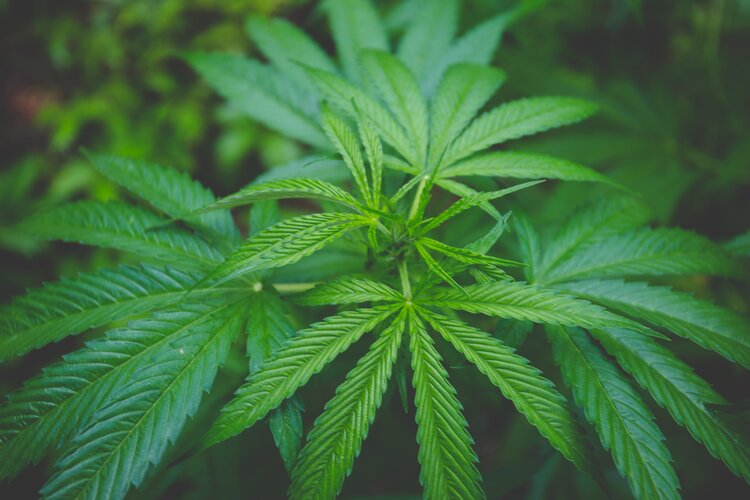What is the Natural Fibers Alliance?
The Natural Fibers Alliance is a coalition of producers and associations that support the use of natural sustainable materials in clothing, accessories, and other goods. Natural fibers have been used for thousands of years. We’re all familiar with cotton, wool, fur, silk, hemp, and leather, but many other materials are used today, including alligator leather, angora, and mohair.
What are your key issues?
Consumer choice and sustainability.
We support letting consumers choose what they want to buy. Consumer choice is being assaulted by radical activists who want to ban leather, wool, fur, and any natural material that comes from an animal. They don’t believe you should be allowed to purchase these natural products. It’s an attempt to dictate morality to others.
Banning or restricting the use of natural materials harms sustainability. Most synthetic materials are plastic, derived from fossil fuels. Scientific research has discovered that synthetic clothing leaches plastic microparticles when it is washed.
Additionally, synthetic fibers are not biodegradable. They can sit in a landfill for 500 or 1,000 years. Natural fibers, in contrast, are biodegradable and are commonly reused–even passed down for generations.
What certification programs do you support?
Many consumers want to see science-based certification that the products they buy meet the highest standards of quality. Natural fibers are no different.
Fur Mark is an ISO-certified program in North America that ensures sustainability and animal welfare in fur production.
Responsible Wool Standards is a program to ensure animal welfare and land-use standards. Its supporters include H&M, Kering, Patagonia, and Outdoor Industry Association.
Similarly, Responsible Down Standard and Responsible Leather Round Table are global programs to encourage or advocate best practices for these materials.
How can I join?
To stay updated, sign up for our email list or follow our Facebook page. To inquire about becoming a member of the coalition, email us.
Did You Know?
Natural fur is the work of intense craftsmanship; a mink coat can take 40 hours of work to create.
The fur industry supports about 200,000 jobs in the U.S.
54% of Americans think wearing fur is morally acceptable (Gallup).
Alligator farms have helped conservation efforts for the species in Louisiana, where gators were once a threatened species.
Large luxury brands have invested in exotic leather farms to ensure their sustainability.
When wool biodegrades, it can fertilize plants with nitrogen, similar to a turf product.
The leather industry supports about 25,000 jobs in America.

We want to take the veil
off of natural fibers for the everyday consumer.
Here Are A Few Quick Facts
What Are Natural Fibers?
Natural fibers are a renewable resource and have several advantages associated with them such as the impartation of the composite high specific stiffness and strength, have a desirable fiber aspect ratio, are biodegradable, and, are readily available from natural sources.
Natural fibers can be classified according to their origin. The vegetable, or cellulose-base, class includes such important fibers as cotton, flax, and jute. The animal, or protein-base, fibers include wool, mohair, and silk.
Are Natural Fibers Durable?
Cotton is the world’s most widely used natural fiber and still the undisputed “king” of the global textiles industry. Hemp is known to be long, strong and very durable. Hemp fibers are about 70% cellulose and contain low levels of lignin (around 8-10%). The fiber diameter ranges from 16 to 50 microns.
What Is The Strongest Natural Fiber?
Silk. Ultrastrong spider silk is one of the toughest natural fibers known in nature. The light, flexible fiber is five times stronger by weight than high- grade steel and extremely stretchy, enlarging to snag incoming insects and other prey.
How Are Natural Fibers Made?
Natural fibers are defined as substances produced by plants and animals that can be spun into filament, thread or rope and further be woven, knitted, matted or bound.
What Is A Natural Fabric?
Natural fabrics—such as cotton, silk and wool—are made of animal or plant-based fibers, while synthetics are man-made and produced entirely from chemicals to create fabrics like polyester, rayon, acrylic, and many others. Natural fabrics are found organically on our planet without being scientifically invented.
Is Linen A Natural Fiber?
Linen is a durable natural fiber derived from the flax plant. As linen fibers are thicker than cotton fibers, a lower thread count is necessary to guarantee high quality, enduring linen fabric. Linen is well known for its absorbency; it can absorb up to 20% of its weight in moisture.

